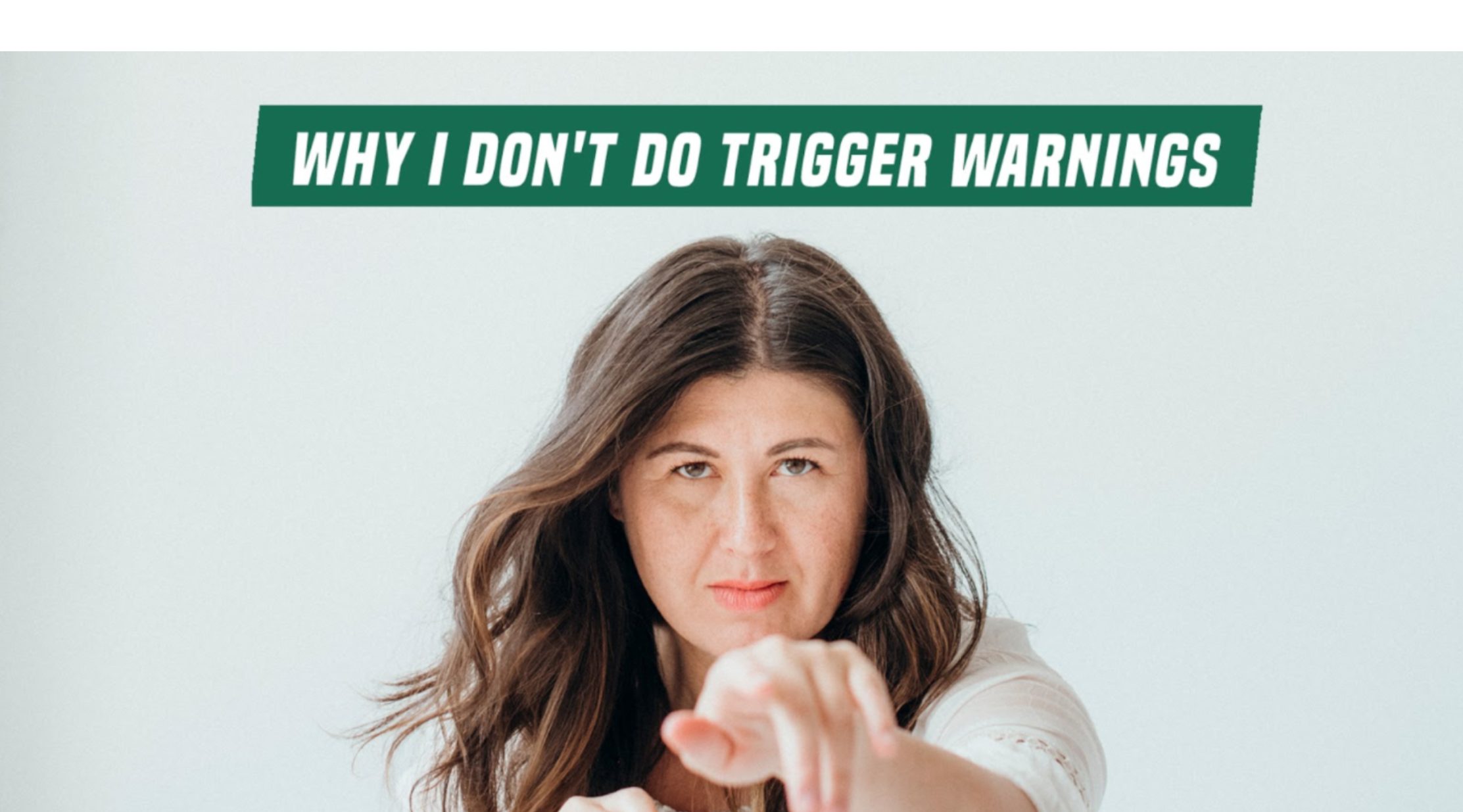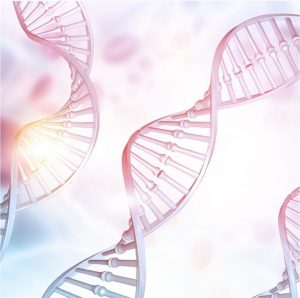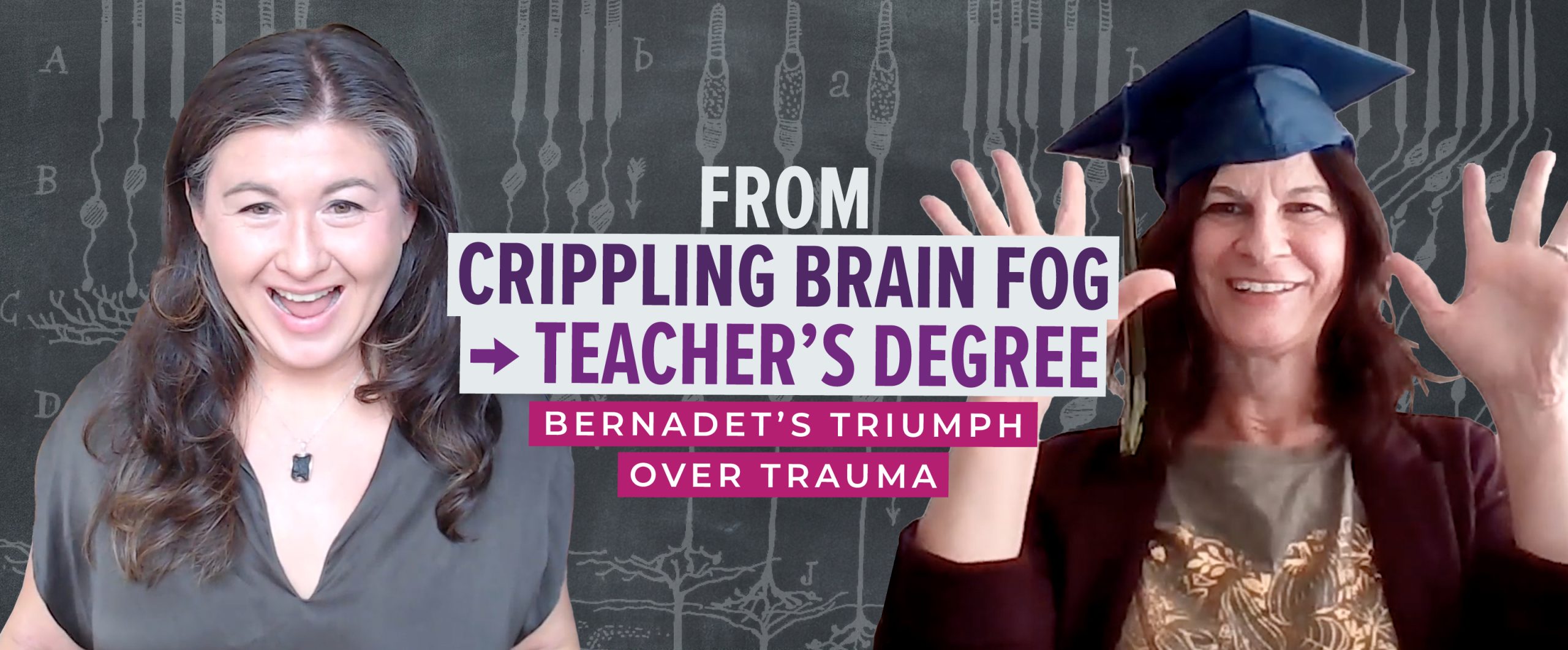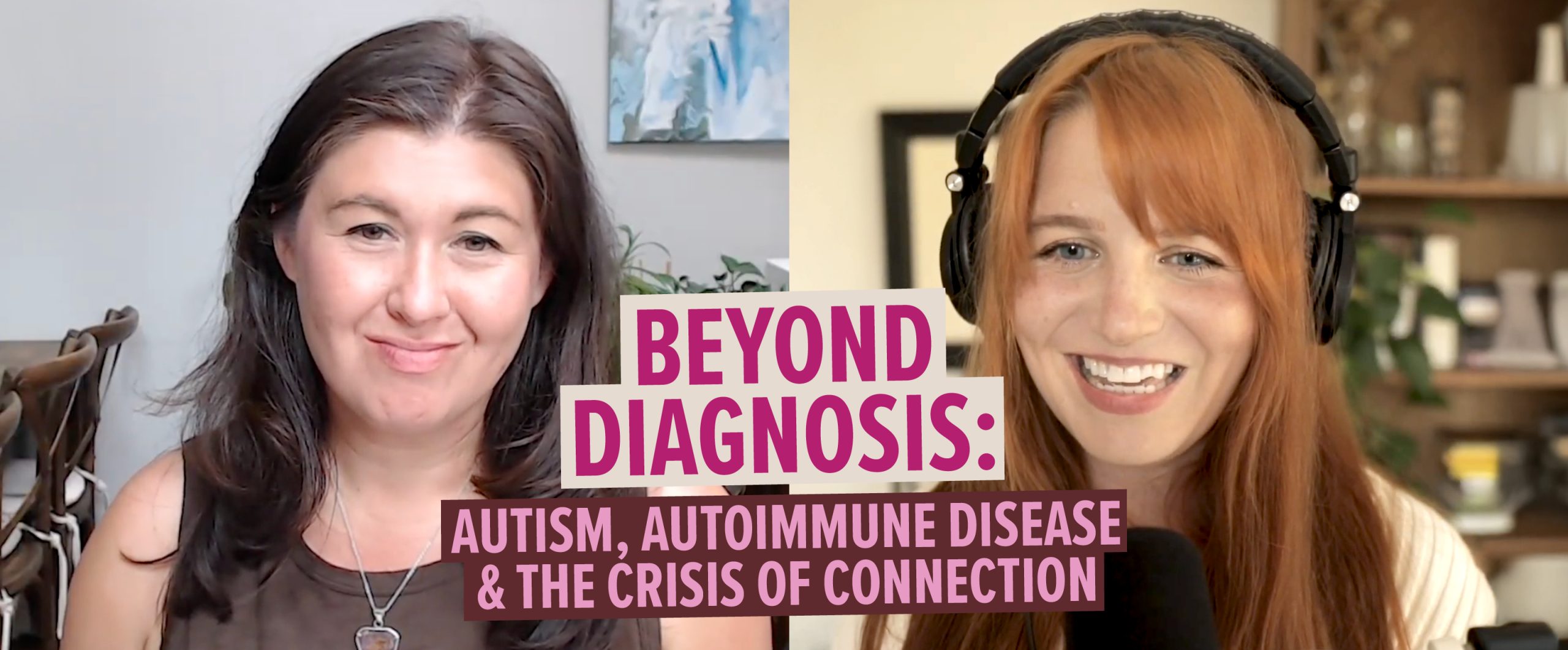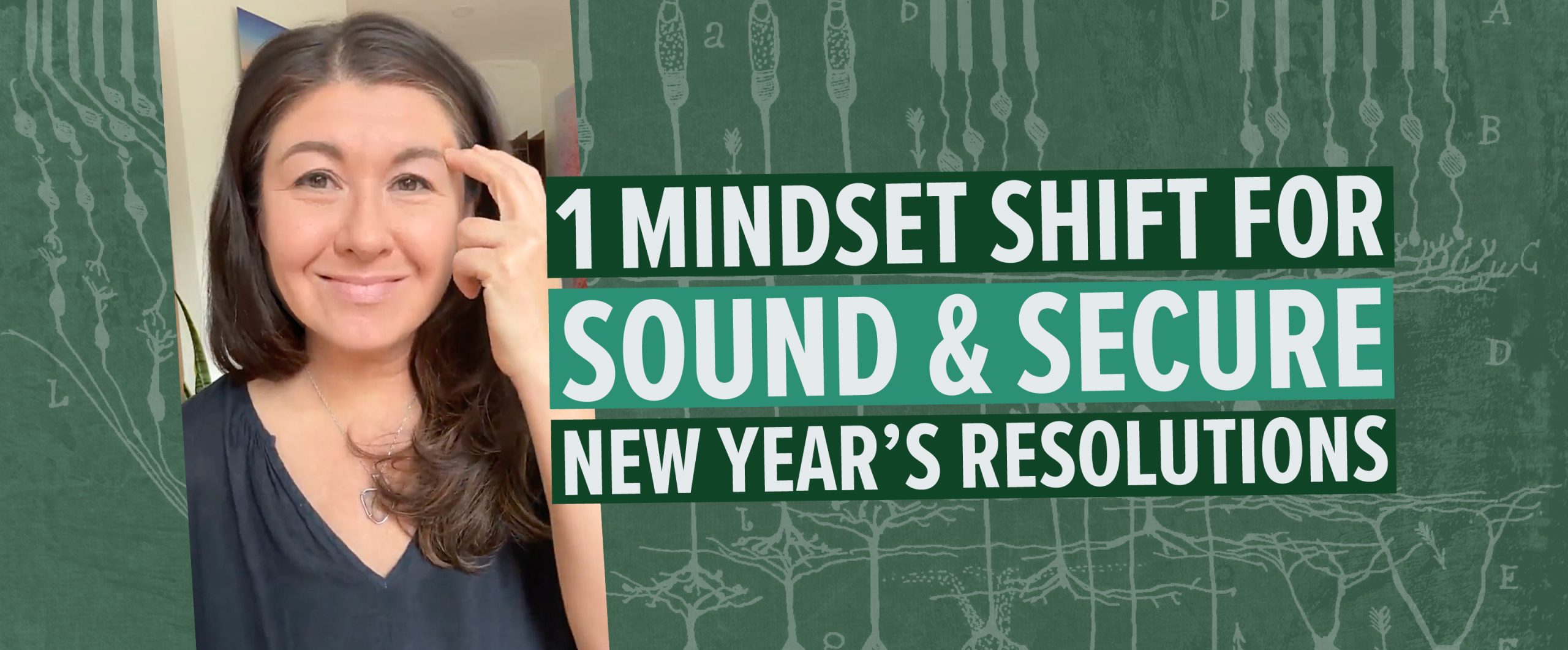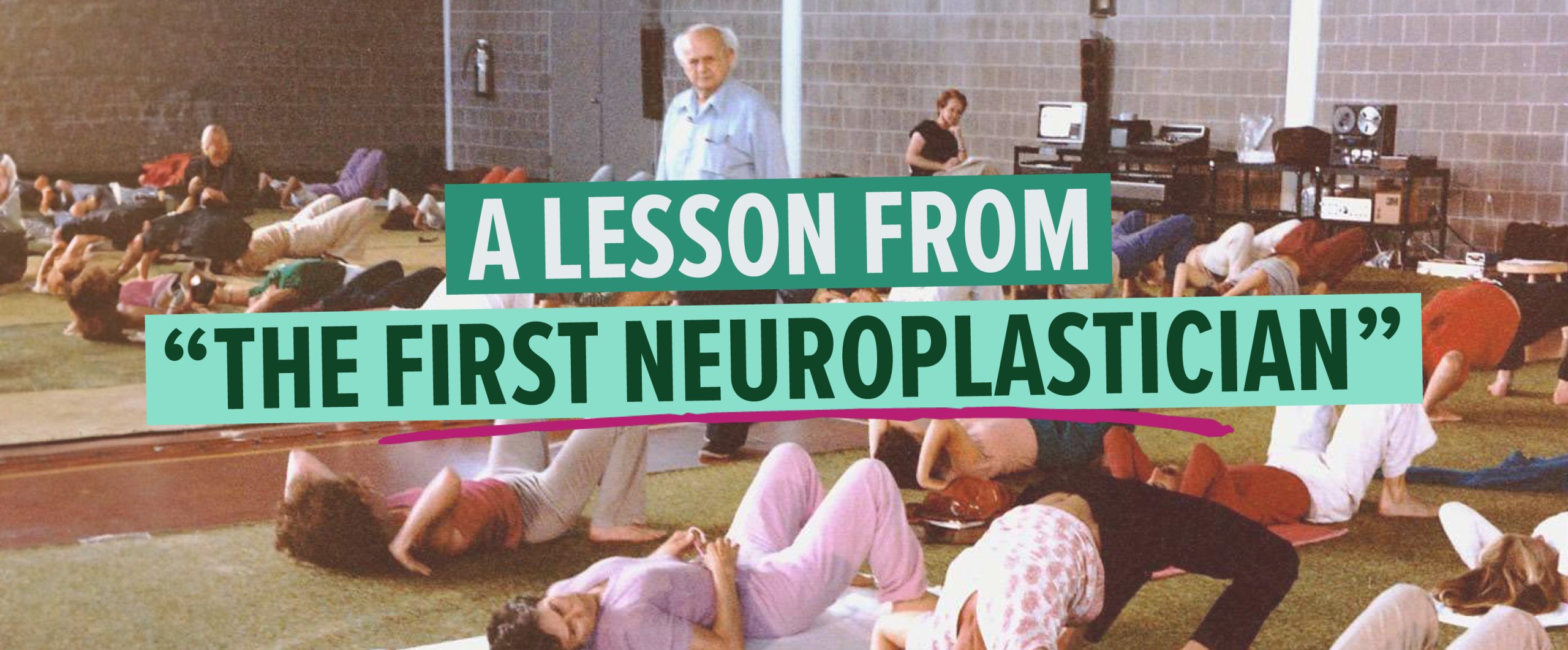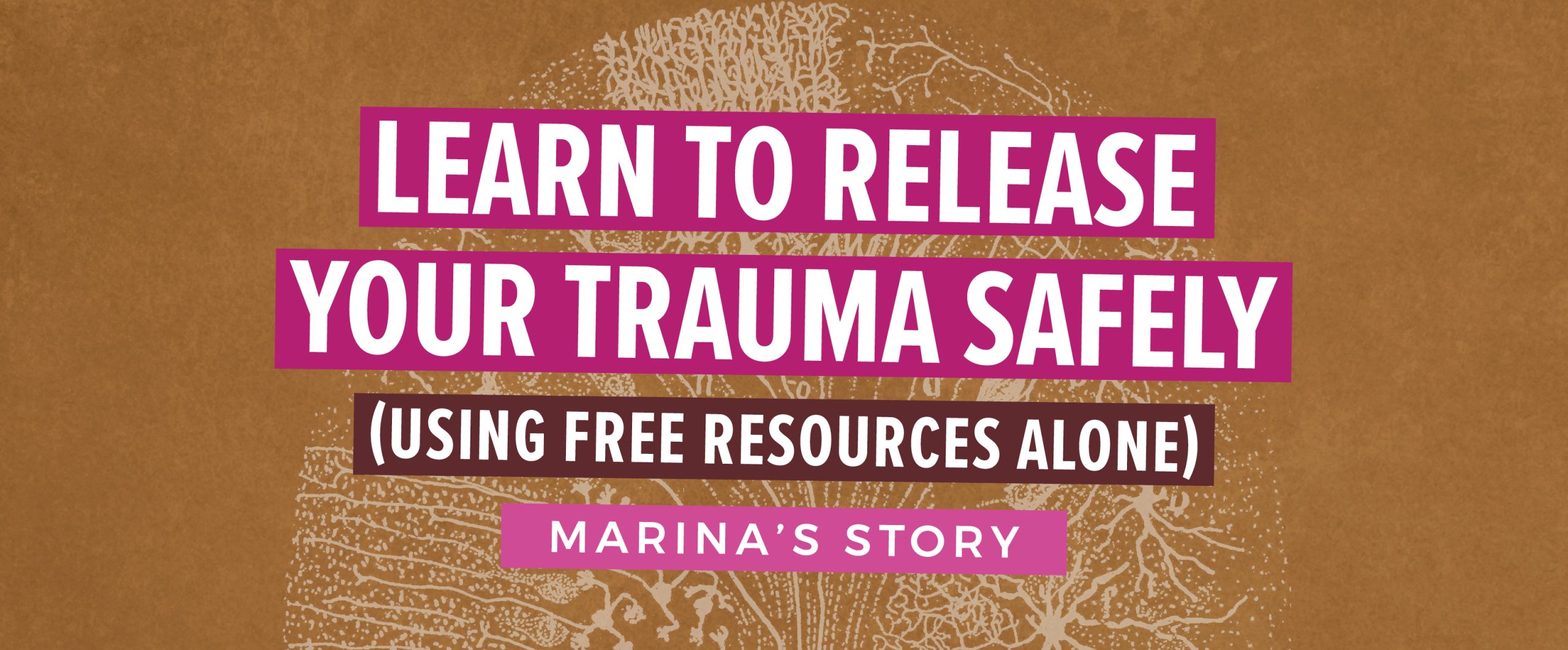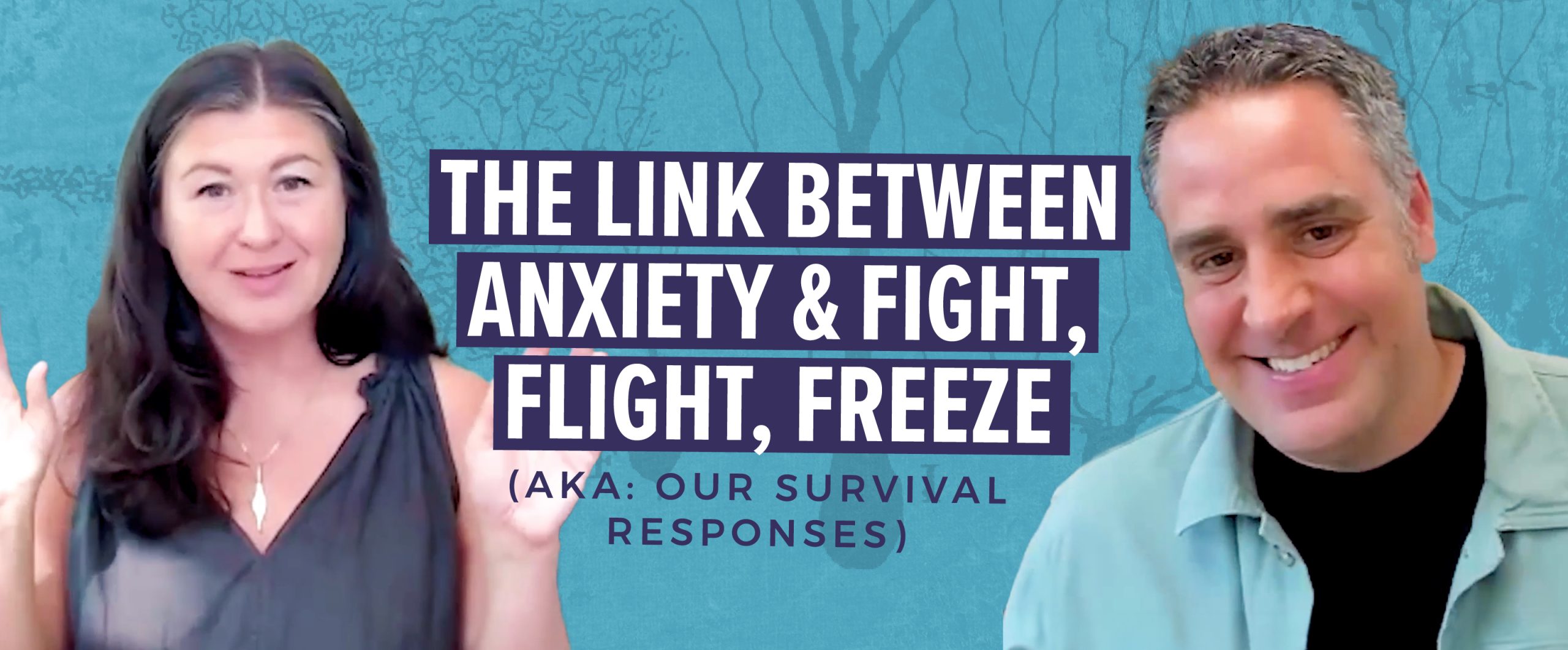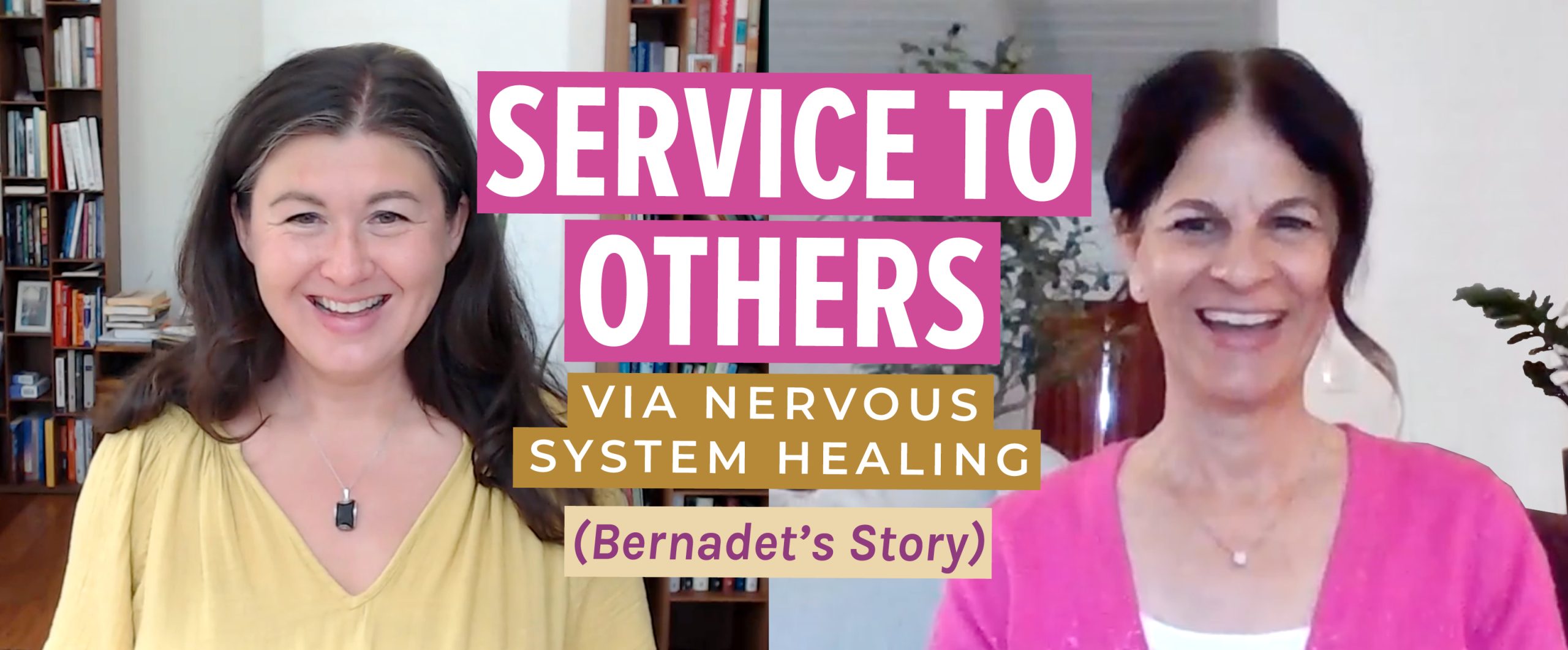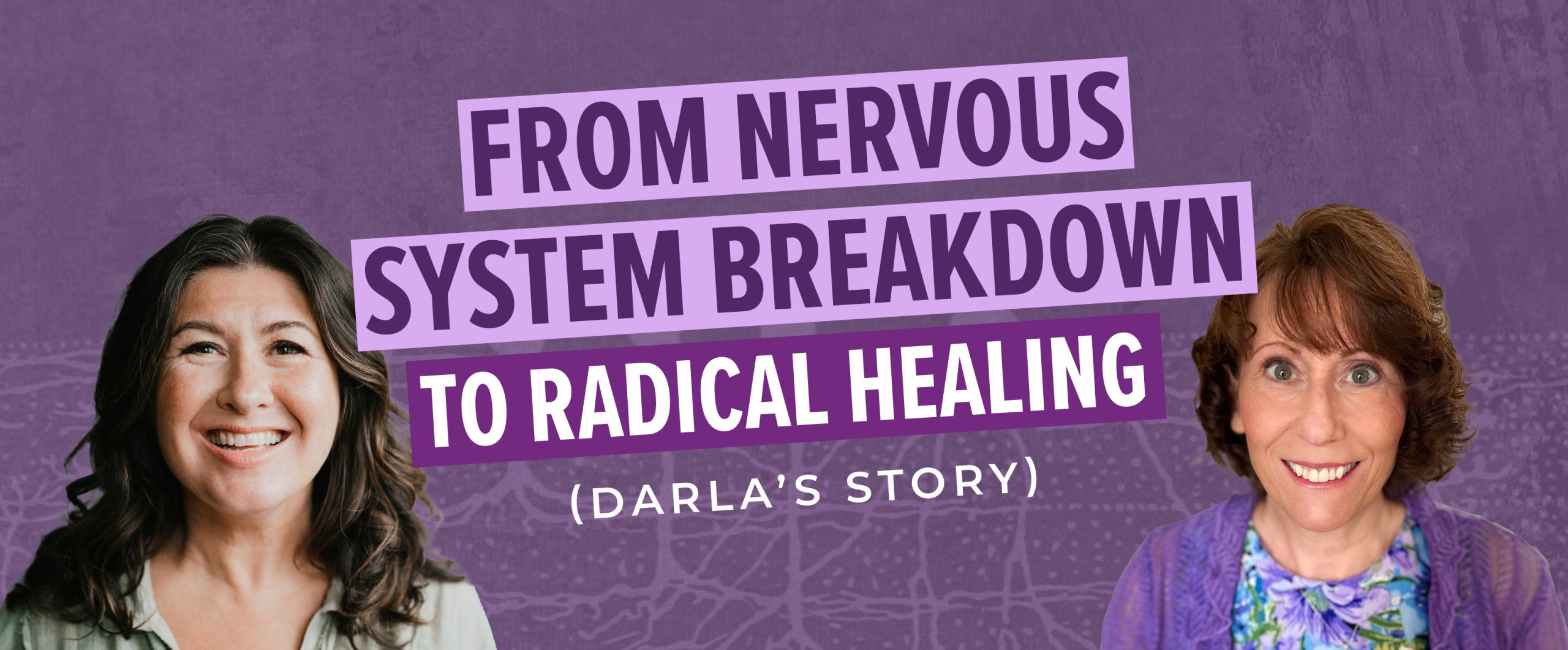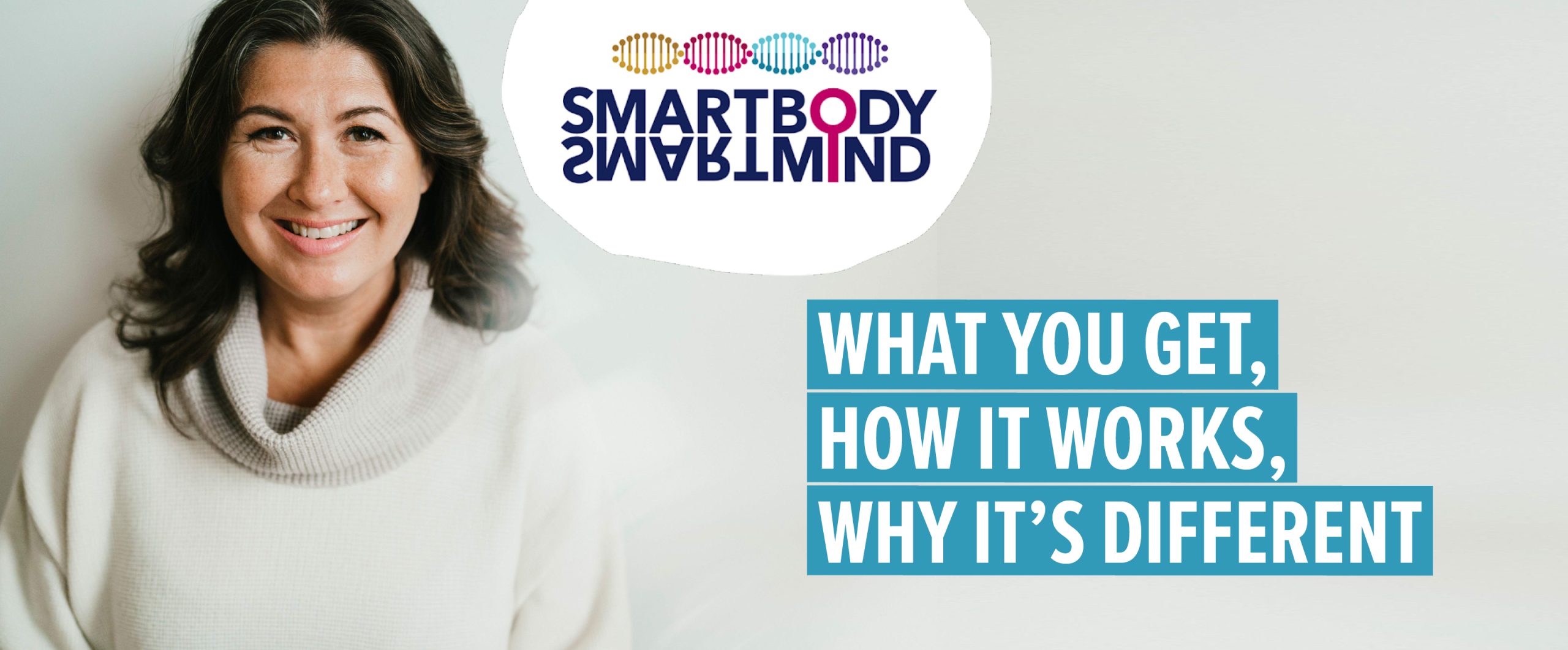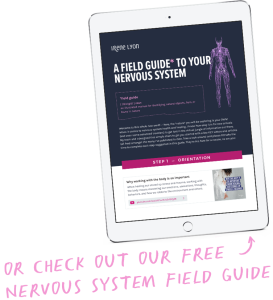From time to time, maybe once or twice a year, I have someone tell me that I need to put trigger warnings on my educational content. Well, you will never see me do this, and this week’s video explains why I have a strong boundary around this.
Here’s the thing: When it comes to warning people about what they are about to see, read, and so on, I prefer to give humanity the benefit of the doubt, and especially when it comes to this nervous system work. I believe that when we’re building up our nervous system regulation and resiliency, it’s important for us to witness as much humanity as possible, and without filters so that we can notice what in fact does trigger us, which then gives us clues and cues to what we still need to work on. Click below to watch a little more on my reason for no trigger warnings.
Irene's Musings
On Earth Day a little while back, I posted this image of human DNA, along with these words:
“The only thing keeping our beautiful planet from thriving is human DNA that’s stuck in survival mode. Plain & simple.”
Let that sink it. It’s tough to deny.
Hurt comes from the hurt who do not feel (themselves), and violence and abuse comes from stored up survival stress (anger) that never got a chance to let go and release with safety and containment.
I wrote an article back in 2014 that dives deeper into this concept and how we, the humans, are the cells of the planet, and how our actions contribute to the ‘soup’ of life on planet Earth.
Here’s a short excerpt:
“And don’t forget the macro – all humans are the cells of the earth. When the cells are filled with chaos and shutdown, the organism suffers. Translation, the Earth suffers. But, heal the cells and replace the chaos and shutdown with regulation, resiliency and goodness and the Earth heals. Sounds simple, right? It is.”
REMEMBER that each moment we live, we have a chance to make the Earth a better place.
The choice is ours, as it always has been.
* * *
Resources I Share In The Vlog:
VIDEOS: Playlist for my Special Topic Lectures
Research article I mentioned: https://www.sciencedirect.com/science/article/abs/pii/S0005791618301137

